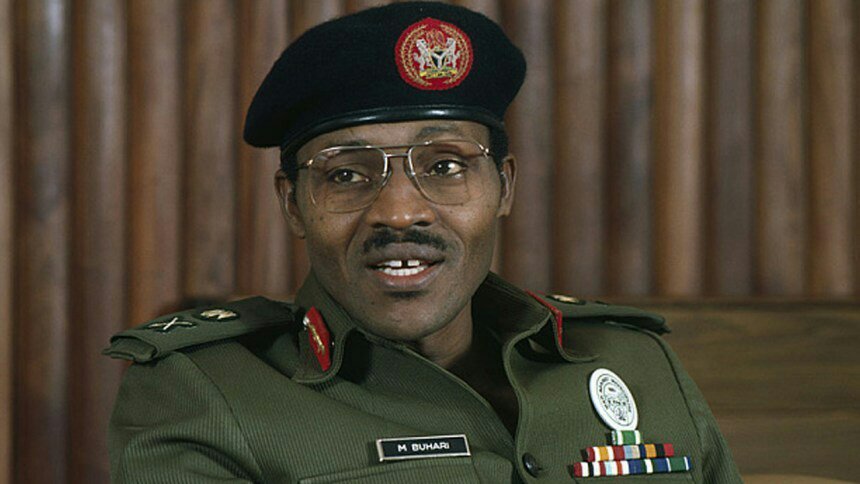Politics
How America Predicted Shehu Shagari’s Removal By Buhari Just 3 Months After Re-Election
America predicted the removal of former Nigerian President, Shehu Shagari by the military just months after his re-election for second term.

The United States government predicted the ouster of Nigeria’s democratically elected president in 1979, months before the politician, Shehu Shagari, cruised to victory in a controversial election, PREMIUM TIMES reports.
Four years later, Mr Shagari was toppled just three months after he had been elected for a second term.
He was removed in a military coup led by Nigeria’s current president, Muhammadu Buhari.
Mr Shagari, who was president between 1979 and 1983, passed away on December 28 aged 93.
Mr Buhari, then a major general in the Army, was elected as a civilian president in 2015 and is preparing to run for another tenure in 2019.
‘Old guard politicians’
Ahead of the 1979 general elections, a Central Intelligence Agency filing seen by PREMIUM TIMES predicted that Nigeria’s transition to civilian rule “more likely than not, will not occur.”
The document, ‘Intelligence Memorandum Prepared in the National Foreign Assessment Centre,’ was dated January 5, 1979.
It was prepared in the Africa Division of the Office of Regional and Political Analysis and coordinated with the Directorate of Operations and the Offices of Central Reference and Economic Research.
“New political parties, headed by old guard politicians, are operating along traditional lines of regional and tribal conflict which brought down the first republic,” the document stated.
“Elections are unlikely to be placid, and a brokered solution will be required in the likely event that there is no clear-cut presidential victor under constitutional rules.”
Five major political parties contested in the 1979 presidential election with Mr Shagari’s National Party of Nigeria (NPN) emerging victorious, winning 36 out of the 95 senate seats and 165 out of 443 House of Representatives seats.
Mr Shagari scored 5,688,657 votes to defeat his closest challenger and candidate of the Unity Party of Nigeria (UPN), Obafemi Awolowo, who polled 4,916,651 votes.
Despite the controversies surrounding the election, there was a peaceful transition from the Olusegun Obasanjo military regime to Mr Shagari’s civilian government in October 1979.
“The process could be aborted at any point by various elements in the armed forces or, more likely, by the regime as a result of divisive campaigning and communal disorders,” the CIA document said ahead of the 1979 election.
“Even if a civilian government is established, it probably would not survive for much more than two years because of ethnic conflict and rising social demands.
“Events are likely to demonstrate that only the more nationalistic military is capable of governing and holding Nigeria together.”
Mr Shagari’s election and re-election were as controversial as his administration was beset with allegations of corruption.
On December 31, 1983, he was ousted in a military coup by Mr Buhari.
In justifying the ouster of a democratically-elected government, Mr Buhari’s regime said the former administration was corrupt and lacked the capacity to address the nation’s many needs.
Several officials of the previous government, including former Vice President Alex Ekwueme, were hauled into jail, some with very lengthy sentences for alleged corruption.
Analysts say not much changed though, with the new military government. The Buhari military administration itself was overthrown two years after in another military coup led by Ibrahim Babangida.
In his tribute to Mr Shagari on Saturday, Mr Buhari said he and the man he removed from office had several years after grown to appreciate and understand each other, regardless of “whatever the differences” they had.
“The late Alhaji Shagari was a man of many parts: teacher, local authority administrator, politician, minister, and finally President. He served his country with dedication and moderation,” President Buhari wrote in a statement.
“Over the years, through interaction at the Council of State, he and I came to understand and appreciate each other, whatever the differences we may have had in the past.”
Follow us on social media:



